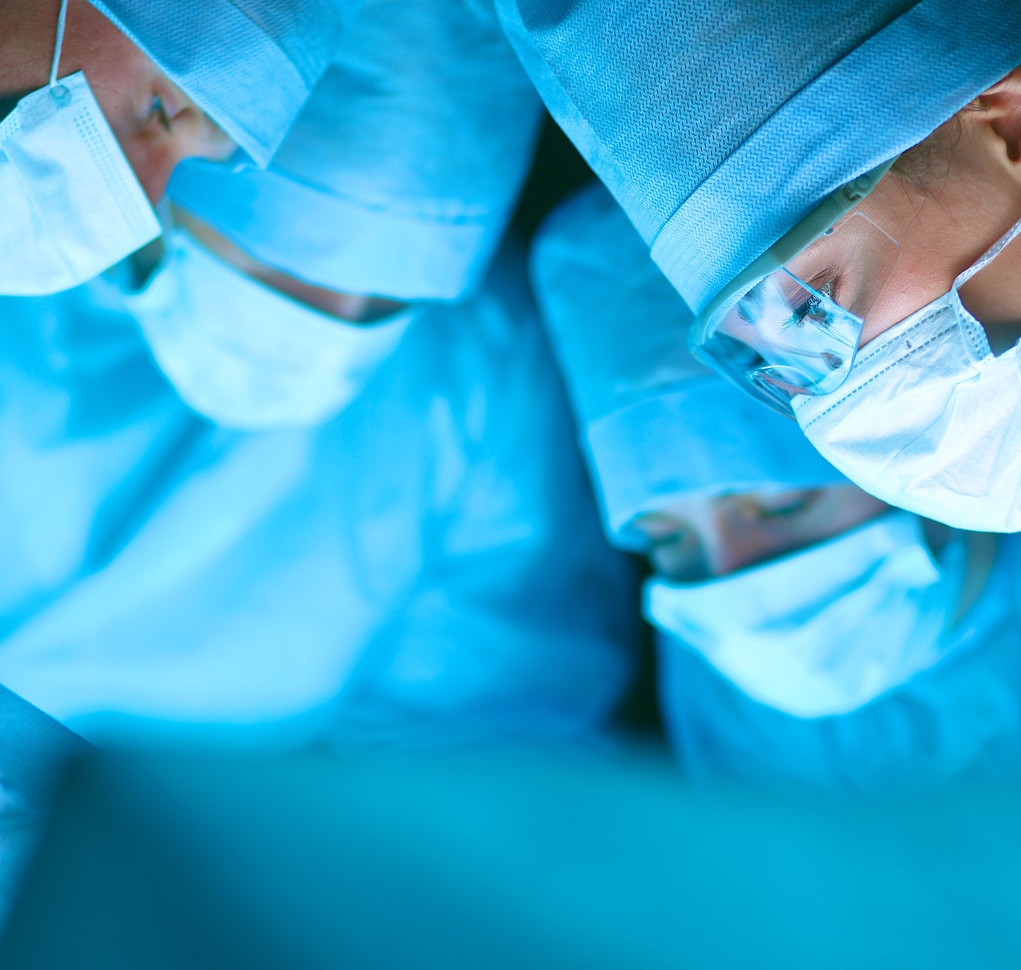【医学人学英语51期】亲身体验冠脉旁路移植术
主讲老师:Frank,2007年毕业于同济大学临床医学系,获医学博士学位。2009年开始在密苏里大学哥伦比亚分校先后从事博士后及助理研究员工作。

This is a first-person account of coronary artery bypass surgery
亲身体验冠脉旁路移植术(CABG)
Possible heart attack? You have to be kidding. I had none of the supposed symptoms—shortness of breath or chest pain. Instead, I had bouts of atrial fibrillation off and on for several months. I got tired easily, and I could feel my blood pressure drop. After lying down for about an hour, I was fine, but in November 2010 I decided to get it checked out.
My cardiologist decided to do a stress test. He put me on a treadmill, which seemed like an eternity, and then did some ultrasound on me. I work out every day on a treadmill and a recumbent bike, so the test on the treadmill wasn’t that difficult, although I loved the words “just a couple of seconds to go.”
The cardiologist at Johns Hopkins told me after the stress test that it appeared that I had a slight blockage of an artery. No problem, I thought.
Angioplasty was recommended. During angioplasty, a catheter was inserted up my right arm and, although I was lightly sedated, I still felt it, particularly when the doctor hit a problem and had to make a slight correction. I was certain that they would put in a stent and I’d be home by the weekend. “No,” said my doctor. “You have three blockages and will need bypass surgery.” I thought he must be talking about someone else. That can’t be me!
The blockages did not require immediate surgery. After all, I was pain free and asymptomatic. Still, I asked for an early date for surgery, and it was set for January 11, 2011. That was 1/11/11. How odd.
The triple coronary artery bypass opened me like a beached tuna and made me an official member of the “zipper club.” The atrial fibrillation was fixed with radio-frequency ablation.
After surgery I had to lie on my back, which meant minimal sleep for a week. Lasix (a diuretic) was my biggest problem, along with a dozen pills I had to take far too often. According to my surgeon, who visited me a day later, things went well, and I was up and walking the hallways of Hopkins with the help of a nurse and a walker.
I went home in a week. The toughest part of the ordeal, oddly enough, was trying to get to the bathroom in time and the bumpy ride home. Those bumps made me hold that pillow as close as I could. Ouch.
After I returned home, two nurses came for home care, and they were fabulous. I lost about 20 pounds prior to the surgery and another 17 pounds afterwards. I went from 210 pounds to around 173 pounds.
Nowadays, I eat no red meat, nothing with butter, and as little fat and salt as possible. In other words, I eat fish primarily. I work out every day (between 30 and 60 minutes), and I have regular checkups with my cardiologist.
I was lucky that the atrial fibrillation alerted my physicians to a deeper problem that may have resulted in a heart attack or even death. Secondly, I was fortunate to have some true professionals on hand to get me through the darkest days of my life. Many people who had bypass surgery told me I would have more energy after surgery due to my new plumbing. That hasn’t occurred yet, but I still have hope, and will continue to work toward that goal.
文中主要注释:
1. Bouts of: 指症状发作
2. Treadmill: 指诊断冠脉病变所用的平板试验
3. Eternity: 永生,指检测过程中痛苦难熬的过程
4. Recumbent: 斜躺的
5. Angioplasty: 血管造影术
6. Beached tuna: 搁浅的金枪鱼,文中指躺在手术台上动弹不得
7. Zipper club: 指开胸后留下的拉链般的长条切口
8. Radio-frequency ablation: 射频消融术
9. Ordeal: 严峻考验
10. Bumpy: 碰撞
- END -
如需了解更多留学资讯,请关注微信公众号:好予博士留学PhD (ID:haoyuabroad)







